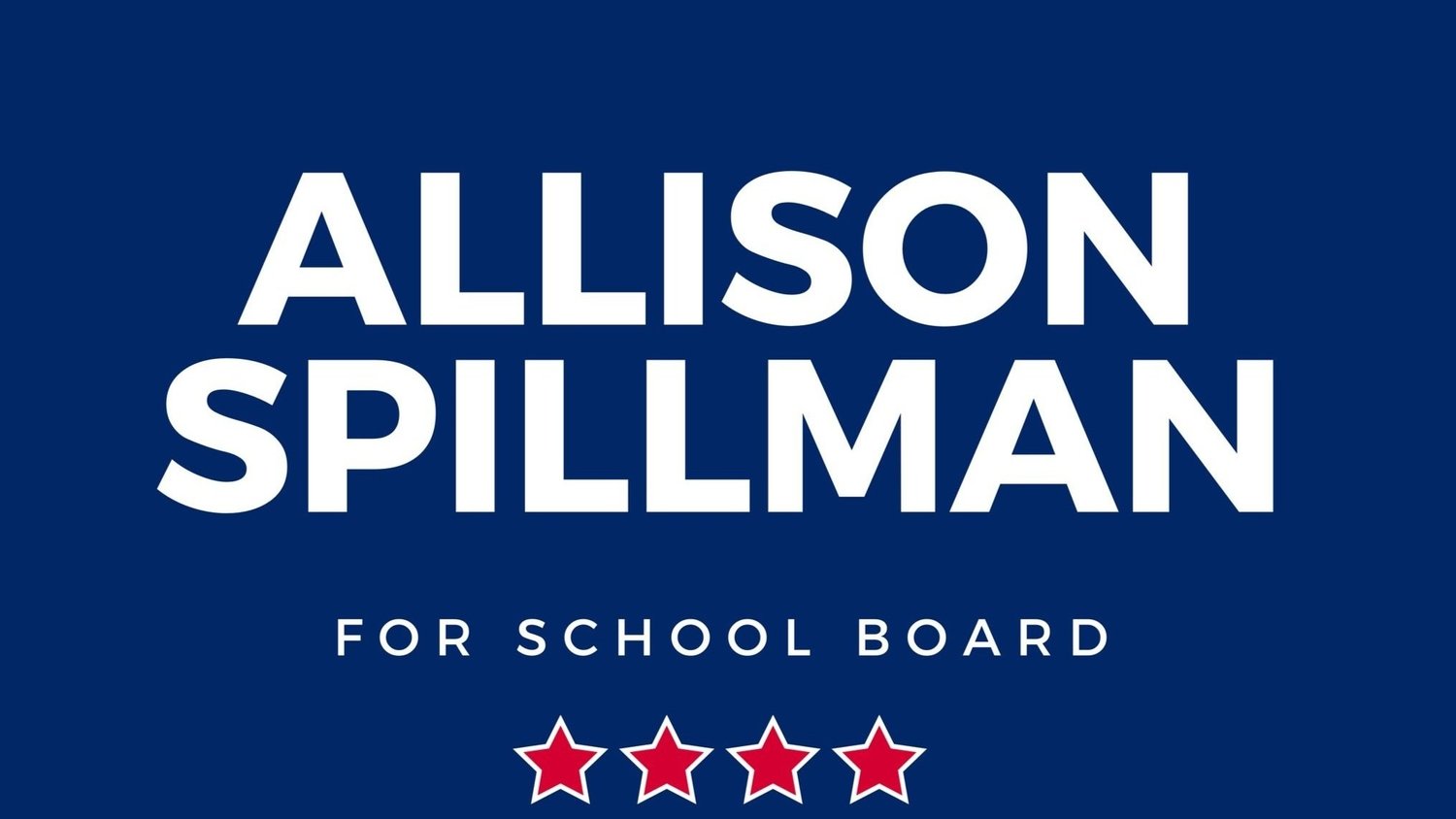School Transportation Solutions
At last week’s School Board meeting, ACPS’s Director of Transportation provided an update on school transportation. In short, it’s a mixed picture with both improvements and ongoing challenges. On the positive side, ACPS has significantly reduced the number of late-arriving buses. For the week of May 1, 98.9% of all school buses arrived no more than 15 minutes late (85.7% on time), with none (0%) arriving more than 30 minutes late. In addition, progress is being made on the personnel side, with 8 new school bus drivers in training. However, there are currently 26.5 vacancies for transportation staff in ACPS, even after increasing pay and making changes to recruiting and hiring practices. In addition, ACPS has announced several changes to transportation for the 2023-2024 school year, including expanding walk zones, consolidating bus stops, and mandatory registration (opt-in) for bus transportation by June 30 (which does not apply to new families who enroll children after the deadline).
Improving school transportation is a priority for my campaign. Efficient and reliable transportation plays a crucial role in ensuring students can access quality education without unnecessary barriers. After all, kids can’t learn if they’re sitting on the bus instead of being in class. It’s also an equity issue. School buses are vital for working families who lack access to private transportation and for parents who have to work during the school day. Bus safety is critically important as well. This includes ongoing training for bus drivers on safe driving practices and emergency procedures, and appropriately addressing student behavioral issues.
Going forward, we need to focus on the hiring and retention of transportation workers so that we can adequately staff our school bus fleet. While bus driver shortages are commonplace both statewide and nationally due in part to the current tight labor market, ACPS faces particular challenges in light of our county’s size, which covers 750 square miles and includes rural, suburban, and urban terrain. We are also faced with a neighboring school district that has recently raised its pay for bus drivers and has adopted collective bargaining that allows transportation workers to negotiate over their working conditions.
As a solutions-oriented candidate, I propose the following measures to help ACPS retain and attract qualified drivers and to improve the safety and reliability of our school transportation:
First, we must remove barriers to entry for new bus drivers. For instance, all pre-hiring requirements, such as completing an application, interviewing, conducting a background check, fingerprinting, and health screening, should be made available in one place and processed as soon as possible. We should also pay for required commercial driver license (CDL) training for otherwise-qualified drivers who are not licensed yet, and pay drivers as they are going through the initial training and onboarding process.
For existing transportation workers, we should award them a significant retention bonus that is spread out on a quarterly basis (instead of a one-time lump sum). We should also award a referral bonus to existing workers who recommend a new employee. Finally, we should recognize and reward driver attendance and safety.
In addition, we must pay a living wage for both new and existing transportation workers. While I support ACPS’s recent increase of bus driver pay to $21.50 per hour, this amount still falls short of the estimated living wage for workers with a minor child or children at home. All ACPS employees should be able to afford to live here in Albemarle County. Similarly, we should improve benefits in order to compete with other local transportation companies, including CTA and Jaunt, as well as Charlottesville City Schools.
We also need to adopt collective bargaining so that bus drivers and other transportation staff have the right to negotiate over their working conditions. I am the only candidate in this race who has supported the rights of workers to organize as a union and negotiate over pay, benefits, and conditions.
In addition, we must ensure that appropriate processes are in place to deal with behavioral issues. Student mental health issues have reached crisis levels in the wake of the COVID pandemic, particularly among teenagers. It is essential that bus drivers know how to enforce rules on the school bus, and there is a clear communication plan with school administration to address safety issues. Bus driver safety is just as important as the children they are driving, and drivers must be assured that any complaint on their end is addressed professionally and with utmost care.
Finally, we need to demonstrate greater flexibility in meeting our transportation needs, including adopting non-bus options for lighter and open routes. This could include passenger vans that seat less than 16 persons that do not require a CDL.
While none of these options standing alone are a panacea to our ongoing transportation challenges, together they will help ensure that our children get to school safely and on time so that they are able to learn. #AllInForPublicSchools #AllInForKids #AllInForBusDrivers
